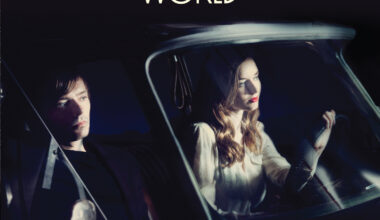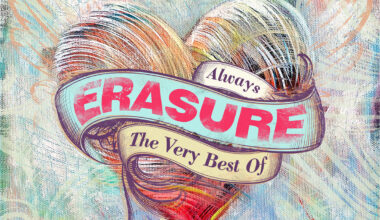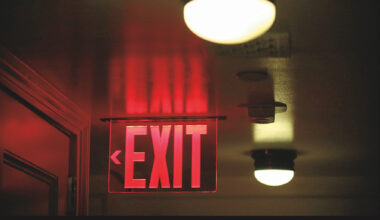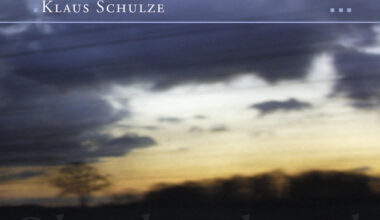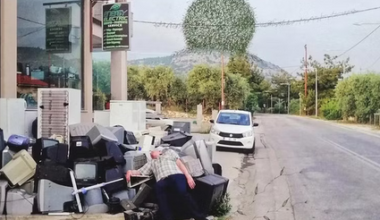Iconic industrial pioneers keep ploughing their thrash metal furrow

Die Krupps were at the hammerhead end of what was later termed the Neue Deutsche Welle scene that sprang up in West Germany in the wake of punk. With a mordant irony similar to that of contemporaries like Einstürzende Neubauten, Der Plan and DAF, they named themselves after the industrialist dynasty who were infamous supporters of Hitler. Their finest moment was probably 1981’s ‘Wahre Arbeit Wahrer Lohn’ (‘A Fair Day’s Work For A Fair Day’s Pay’), whose minimal electronics and muscular, disciplinarian metal bashing were a precursor to groups like Test Dept. Founder member Ralf Dörper went on to form Propaganda, but returned to the band as they took a turn towards a heavy metal/industrial fusion in the 1990s, a la Nine Inch Nails.
Die Krupps share the title of their latest album with Lou Reed’s infamous anti-commercial noisenik venture. This is quite the opposite, though: it’s an expedient play for a mass market, understandable from the point of view of surviving as a group, disappointing to those whose philosophy is avant-garde über alles.
Die Krupps are now leaders in a movement that has become known as the Neue Deutsche Härte (New German Hardness). This “hardness” is evident on opening tracks ‘Die Verdammten’ and ‘Kaltes Herz’. They’re pile-driving enough, bristling with Rammstein-esque portent, a metal guitar underpinned by electronic girders. There is something immediately and inherently disappointing about said guitar, however. For all its heavy bombing power, compared to the tonal and textural possibilities of electronics it is only capably of the thudding, ritualistic familiar, pounding you black and blue, but offering little more variegation on the colour spectrum.
But this is Die Krupps 2015, and the only way of extracting pleasure from ‘V – Metal Machine Music’ is to accept it on its own terms, ignoring the general air of adolescent nonsense about post-apocalyptic cyberwars to come. ‘Battle Extreme’ is pretty good, with its irregular, rat-a-tat strafing, while the relentless waves of chevrons that blacken the skies of ‘Fly Martyrs Fly’ are formidable also. The scurrying synths of ‘Road Rage Warrior’ are reminiscent of Pink Floyd’s ‘On The Run’ and, as the album progresses, it increasingly reveals its synthesised wiring. ‘Kaos Reigns’ carries strong reminiscences of the band’s more radical days, while ‘The Red Line’ is more subtly delineated than some of the dandruff-dislodging fare that prevails on earlier stretches of the album.
This is enjoyable and well-turned enough within its genre. For long-standing fans of the group though, it does feel like a shame that Die Krupps appear to have abandoned the brutal satire and social interrogation of their earliest work in favour of fantasy scenarios for an audience who probably play too much ‘World Of Warcraft’ and would prefer to headbang rather than get their heads around genuine artistic challenges. Die Krupps have it in them to extend both themselves and their fans. Next time around, I hope they do so.
